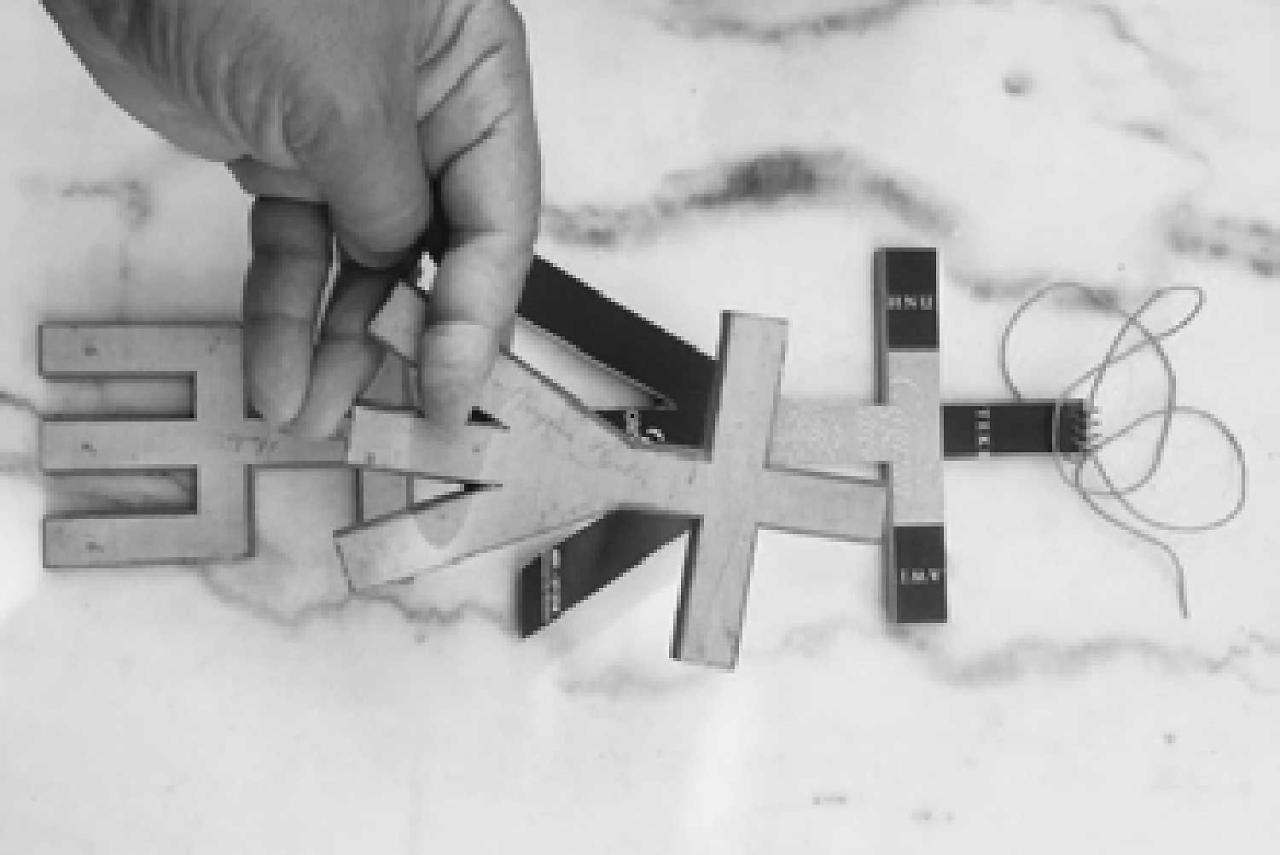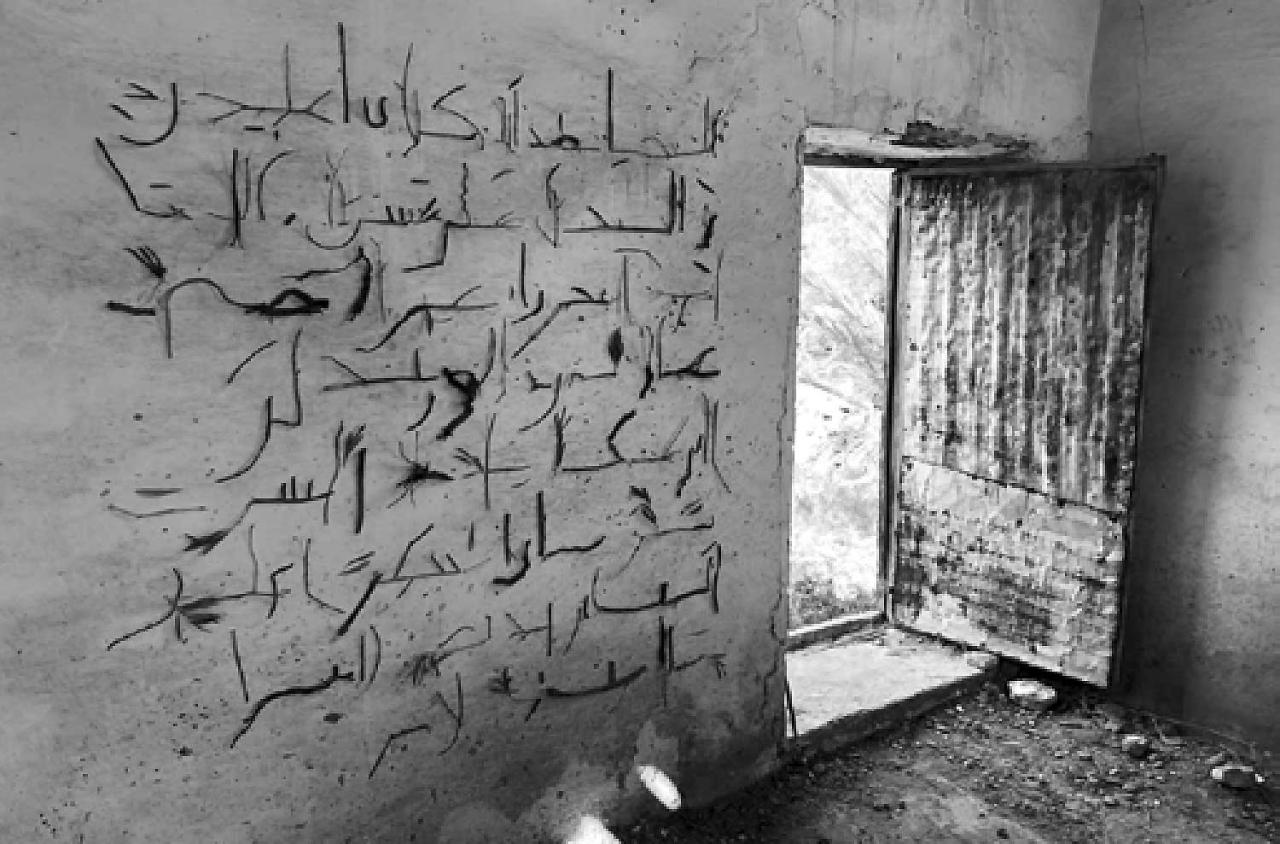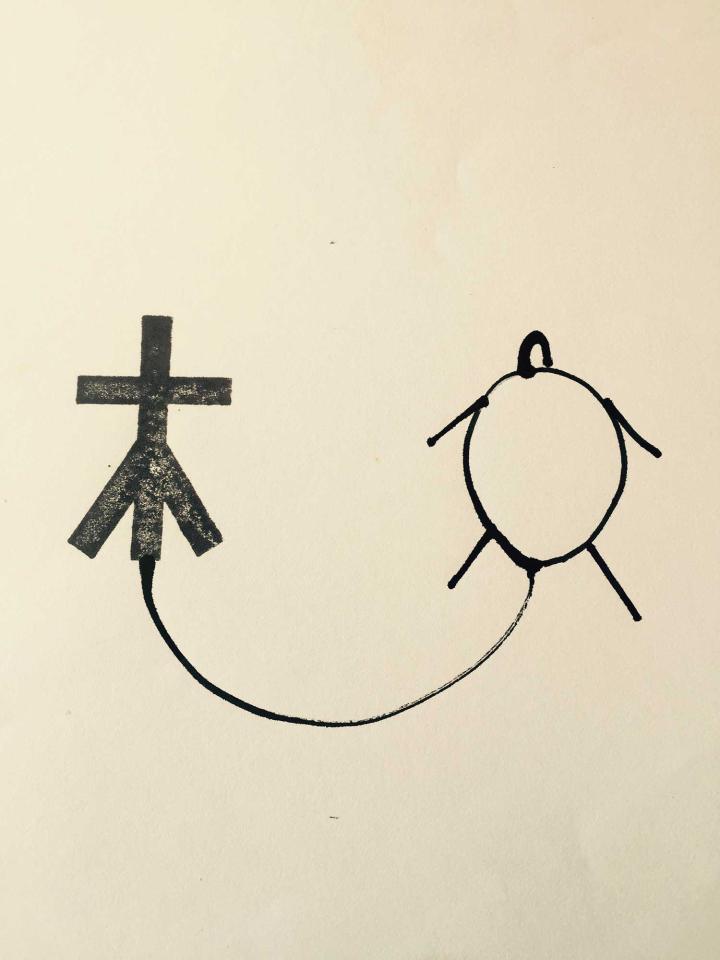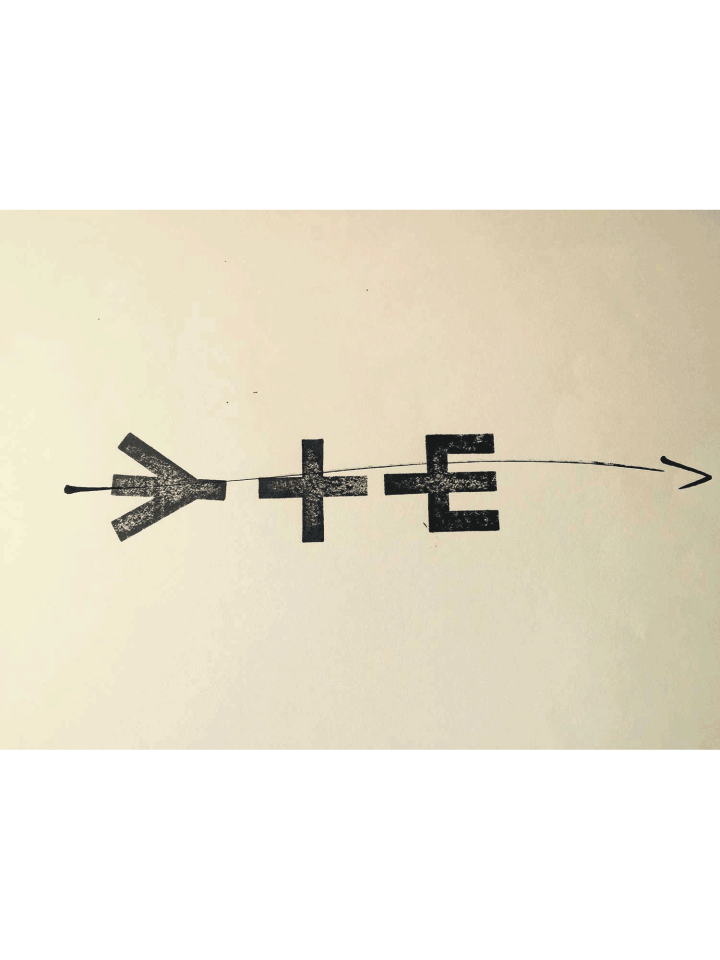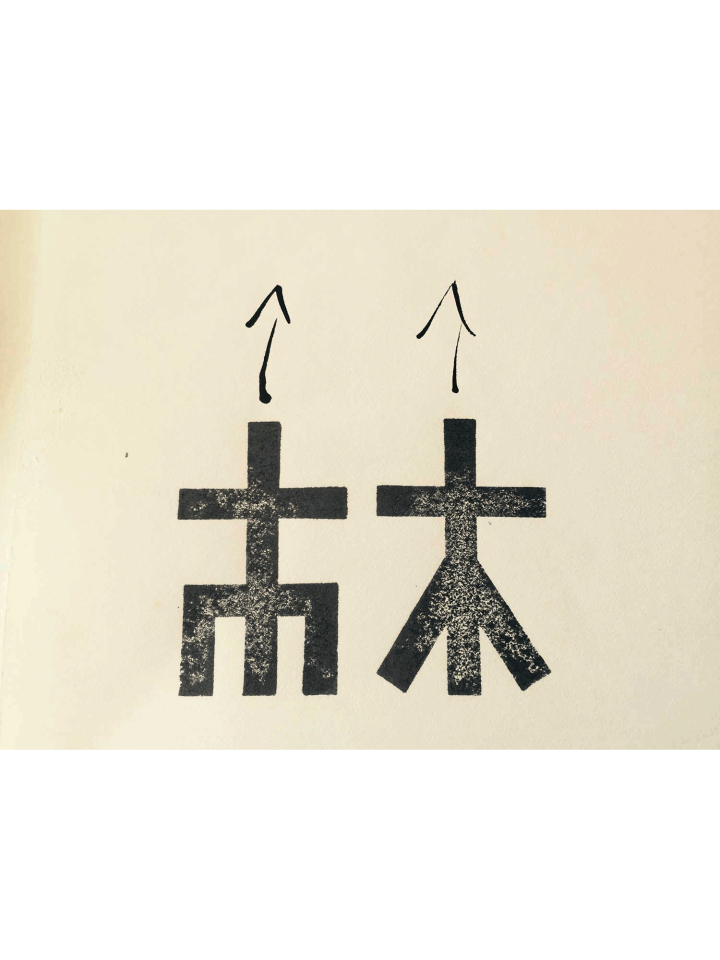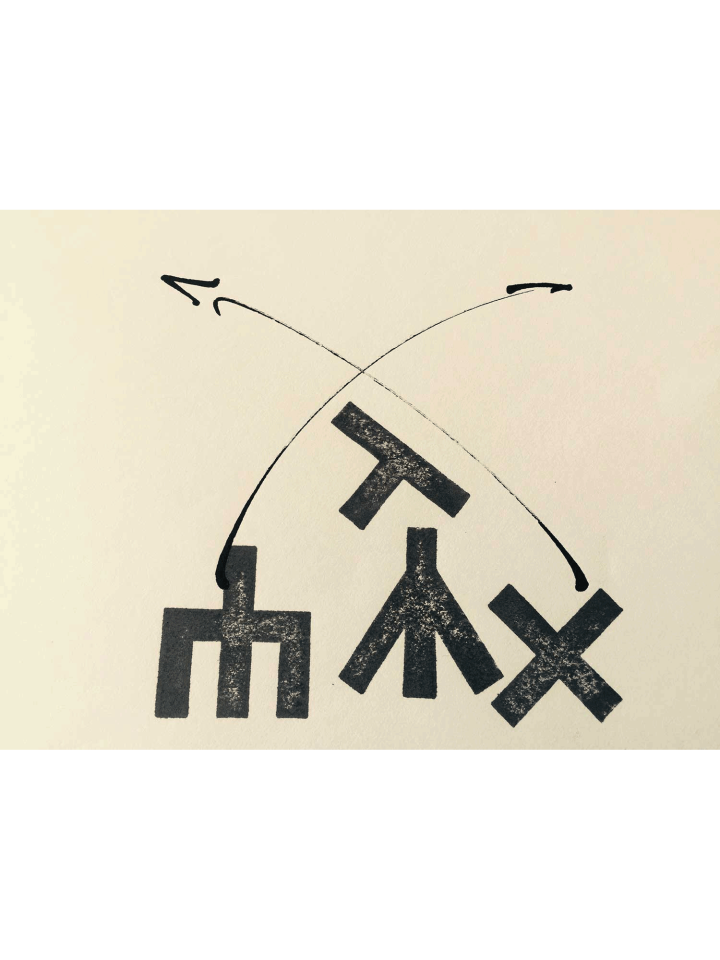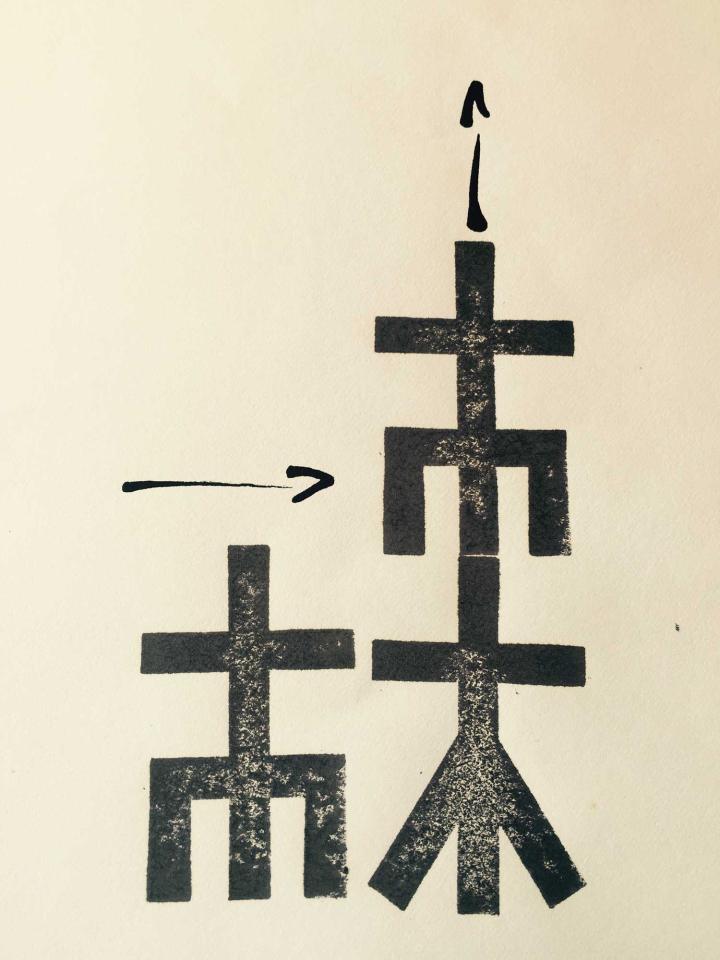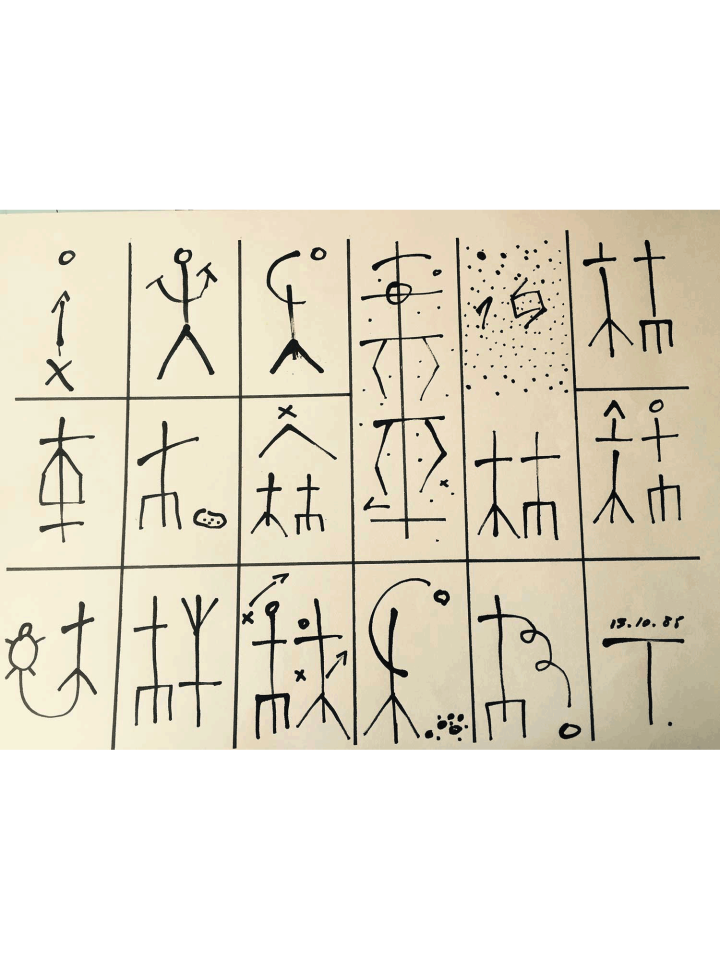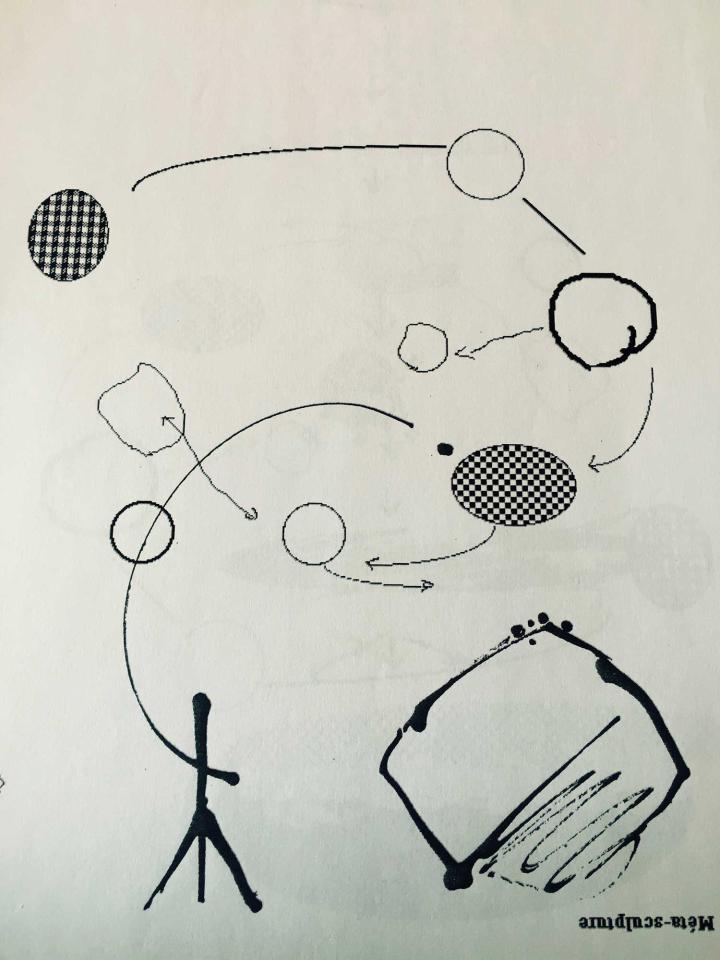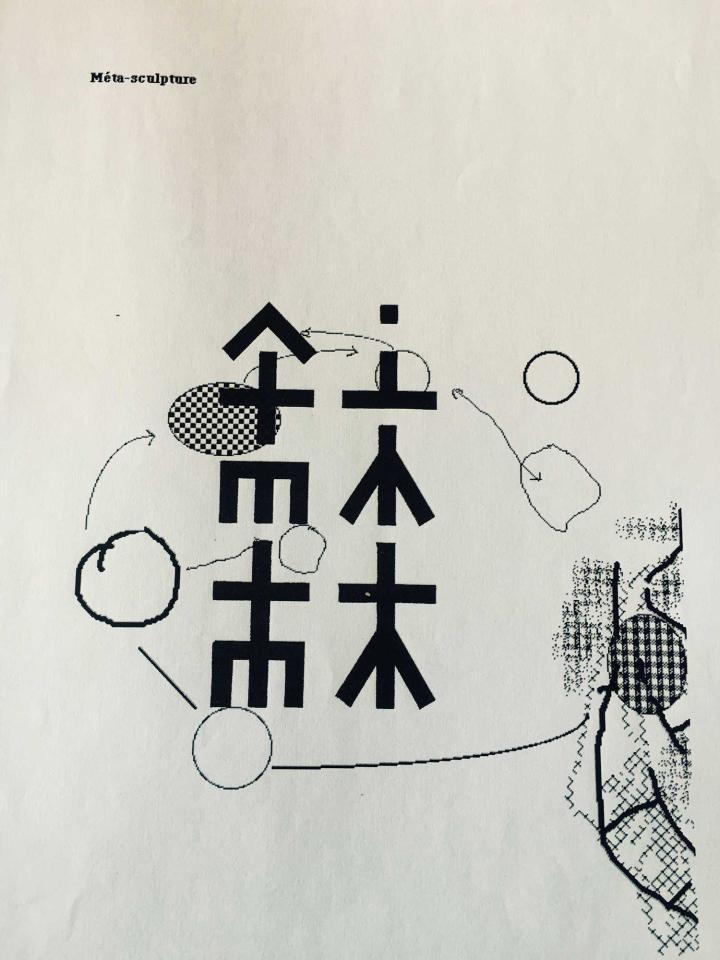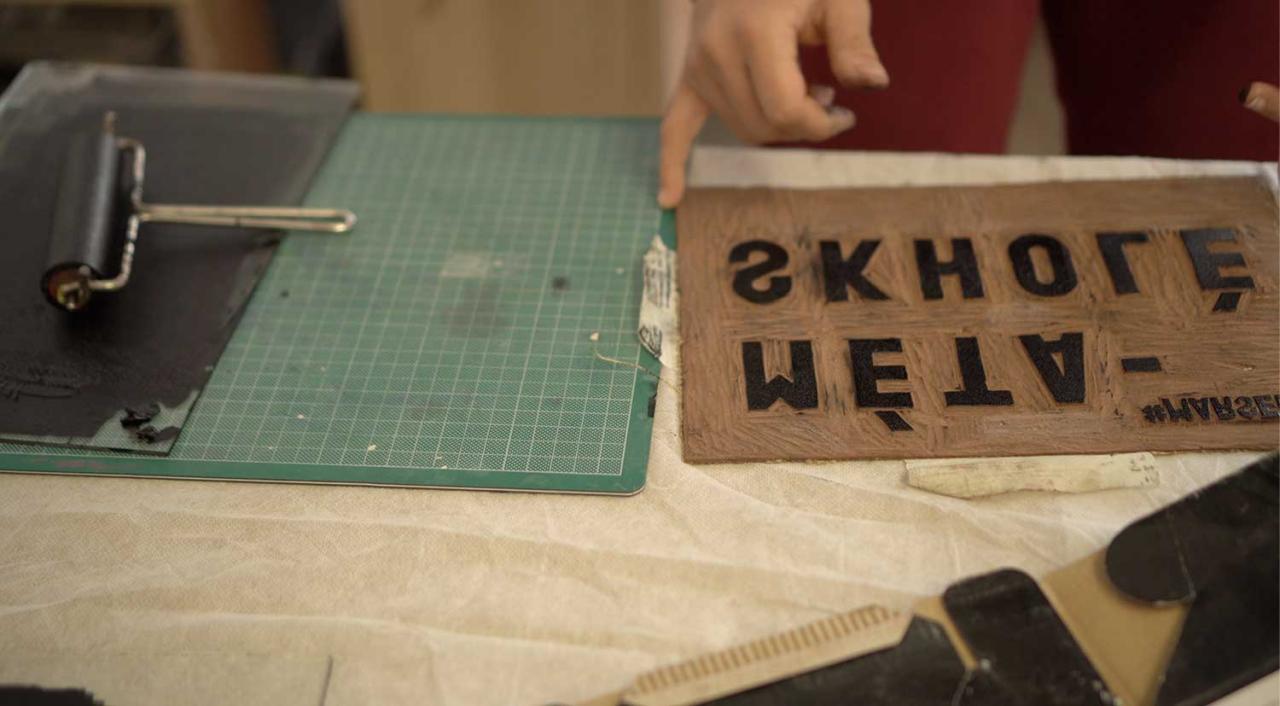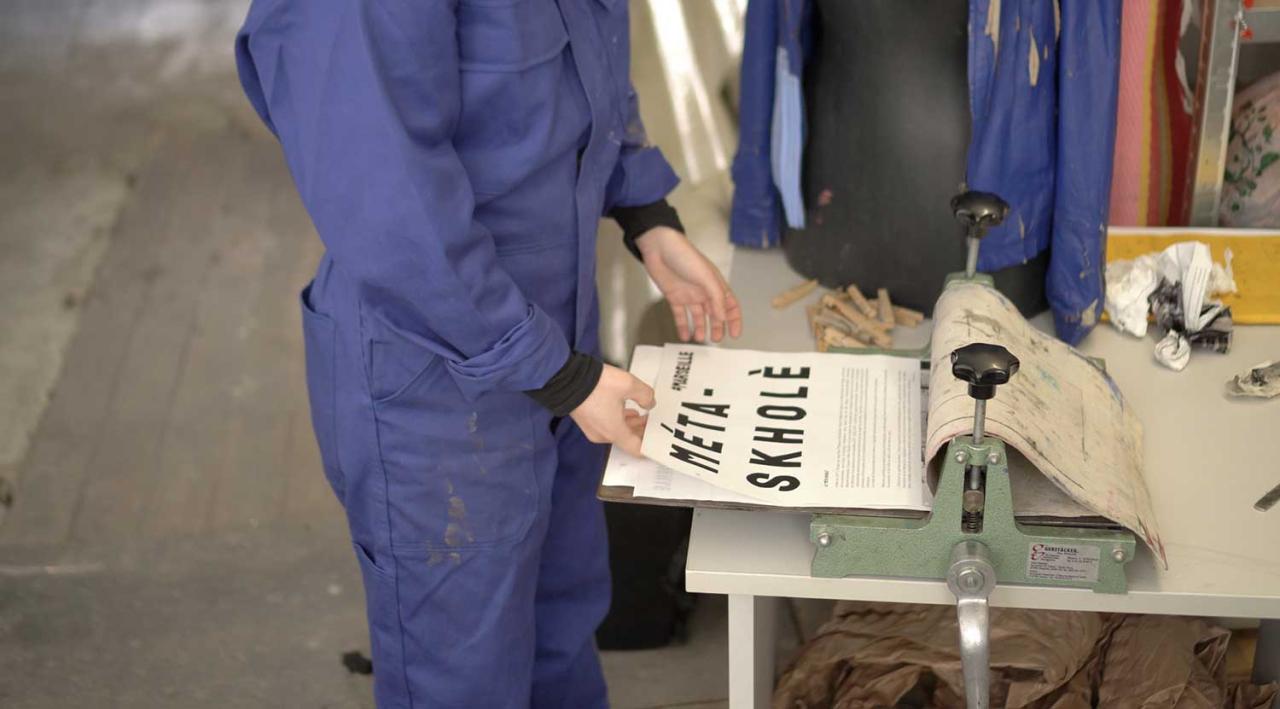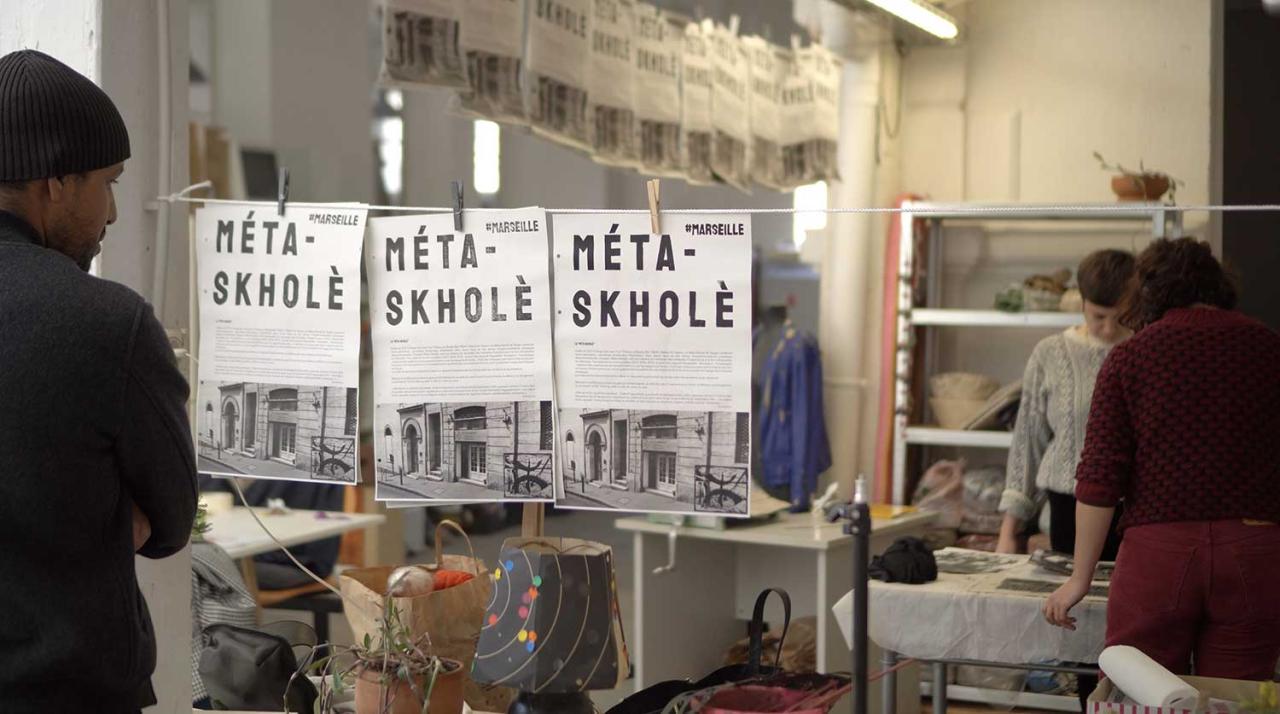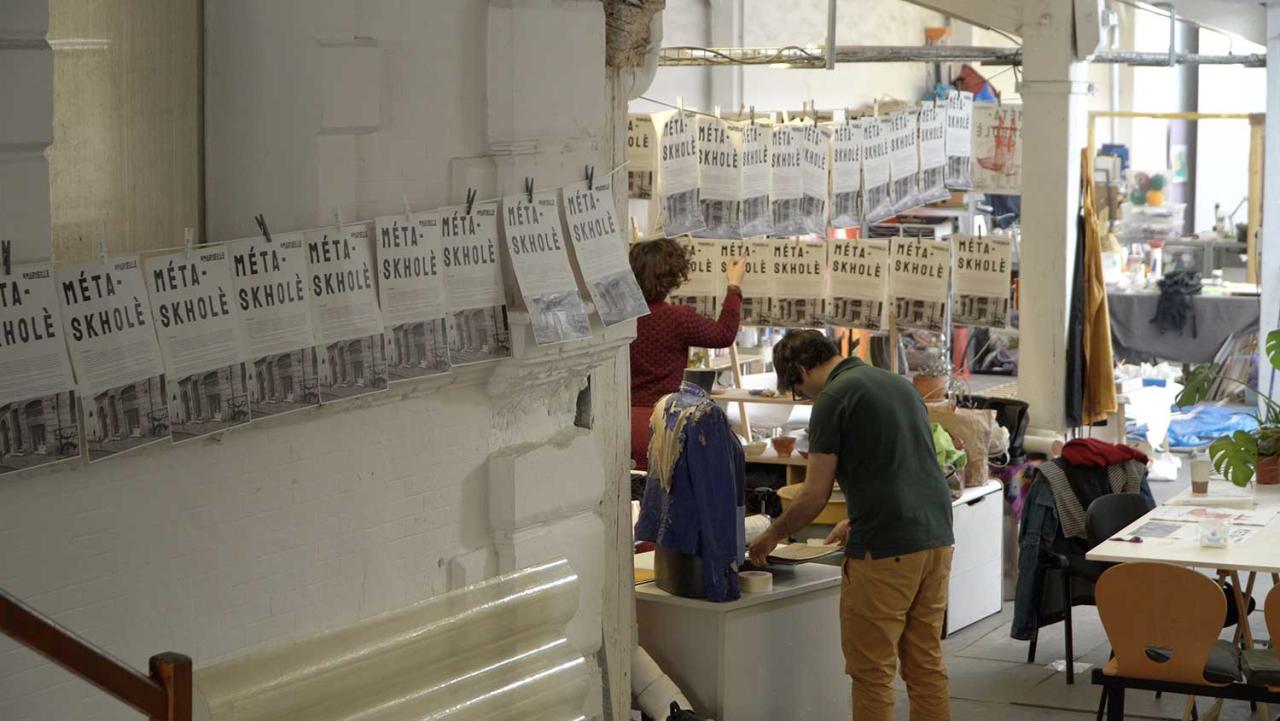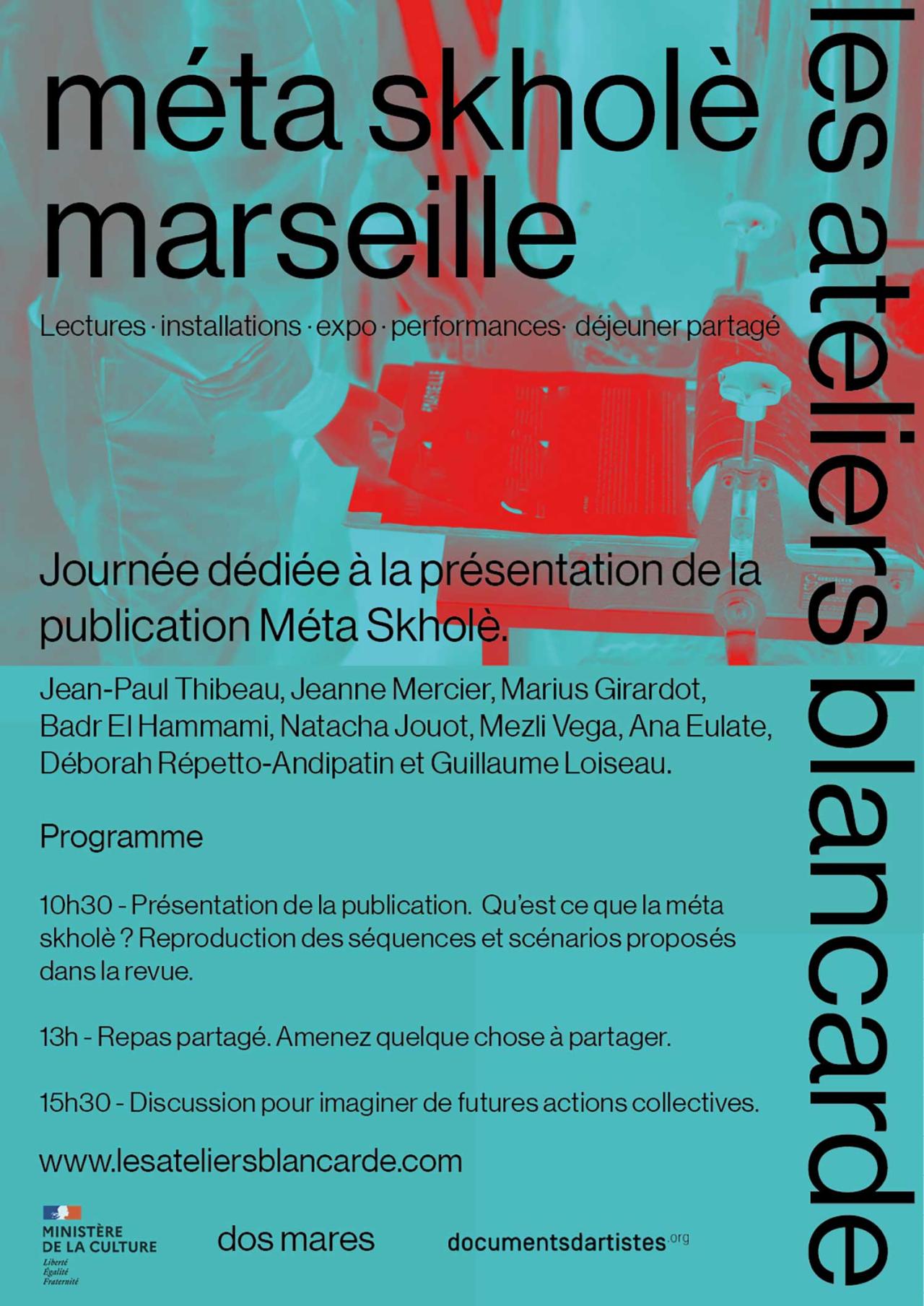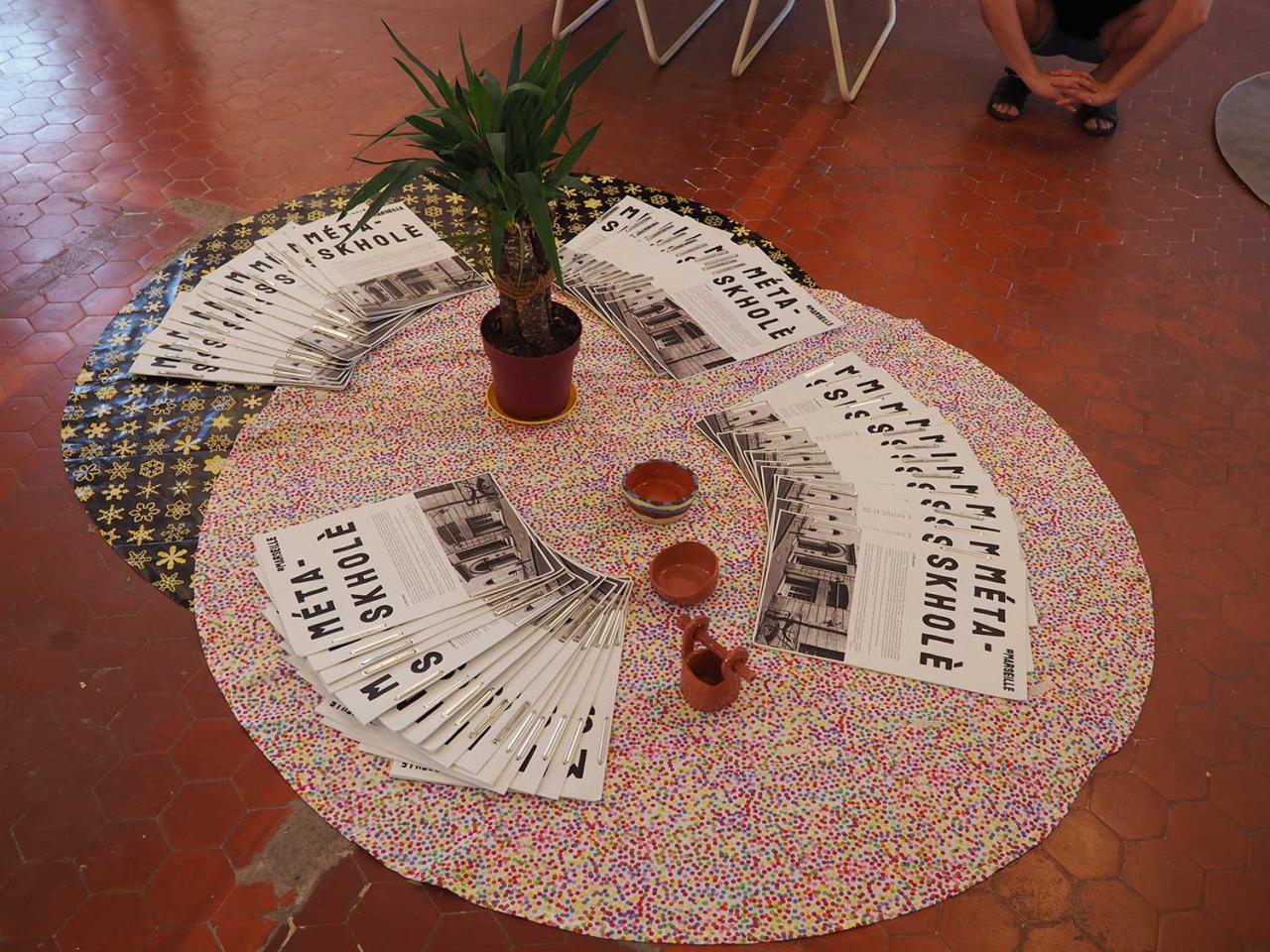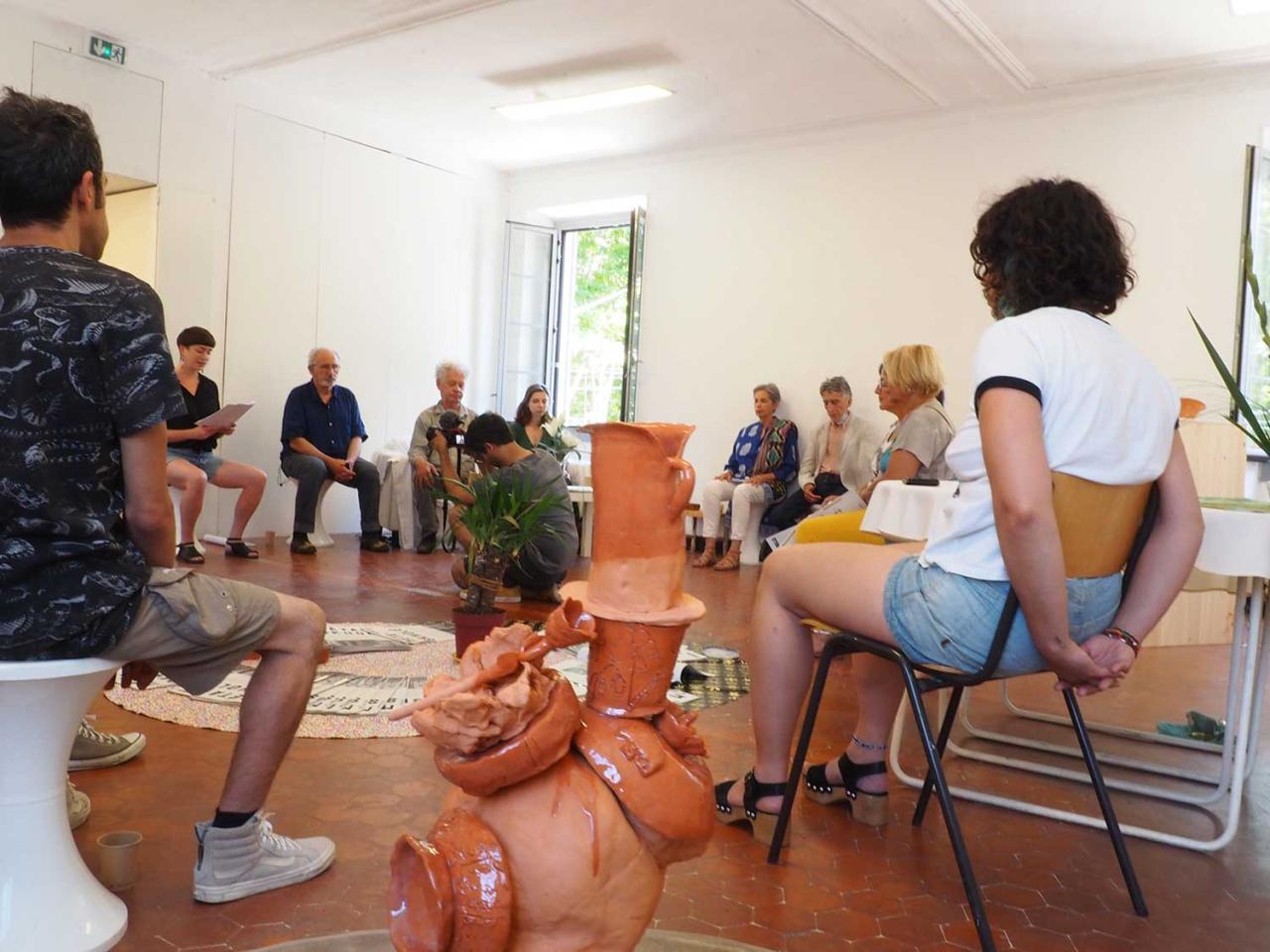Méta-Skholè #Marseille
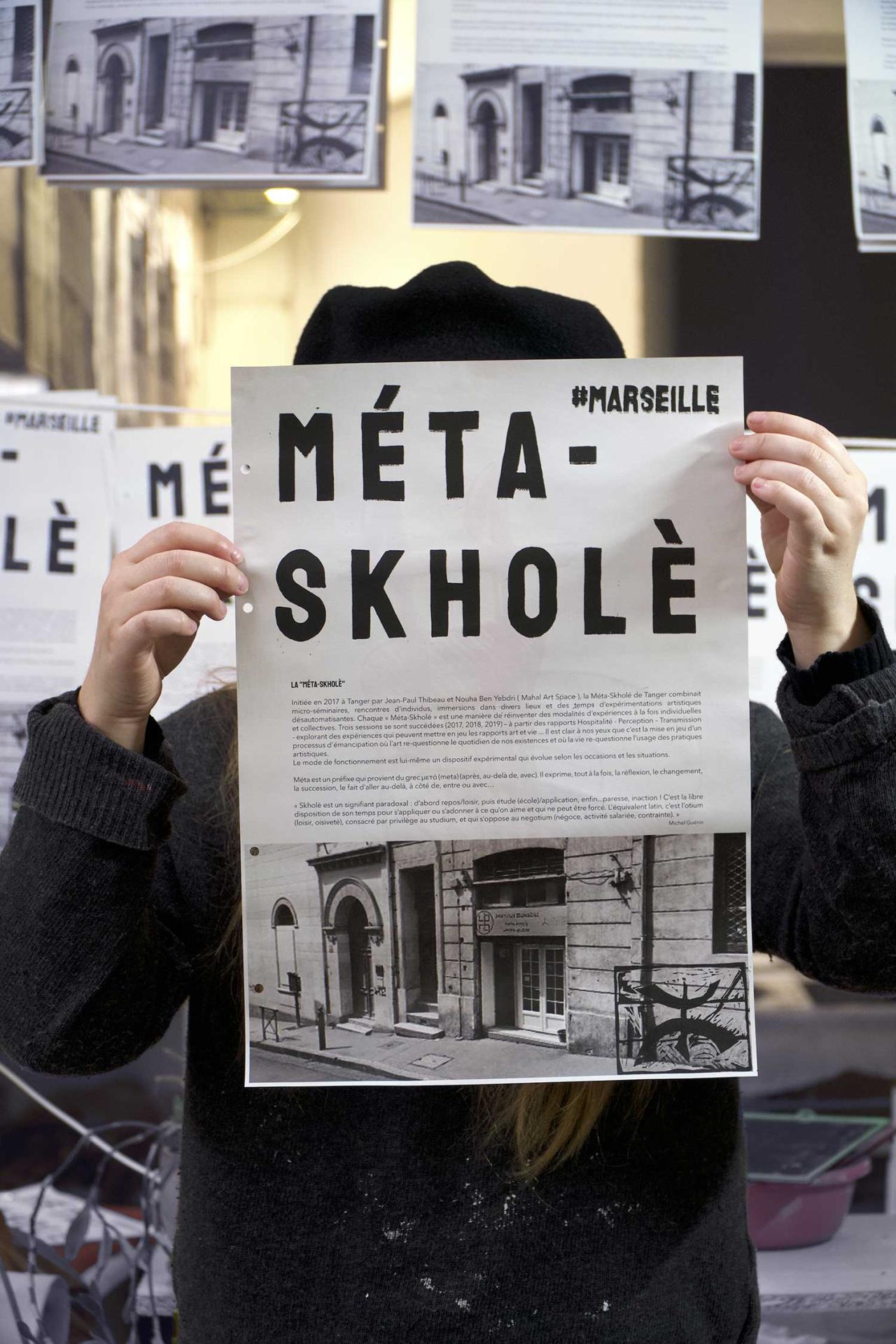
More than a publication, Méta-Skholè #Marseille is above all a story.
It’s the story of shared experiences come of an exhibition project stopped in its tracks by the lockdown.
It’s the story of a diverse group of people driven by a stubborn will to pursue connection and communal experience.
It is also a future.
The aim is to grow over time, to develop out of the new initiatives put in place.
With this 100-print limited edition, published through support from Documents d’Artistes PACA, we’d like to create a connection to the people who claim one of the free copies. Each copy is a gateway to new forms of hospitality and a shared future.
Our goal is to connect with each person who acquires a copy of the publication. Making a list of these contacts helps create an informal network, a type of rhizome working to perpetuate the emergence of collective experience.
In this way, the publication will grow through the addition of new pages, demonstrating the thoughts and experiments of the Méta-Skholé in motion as it develops. With every new contribution to the work, we’ll contact each person who’d like to develop the project with us, suggesting that they participate in the next publication.
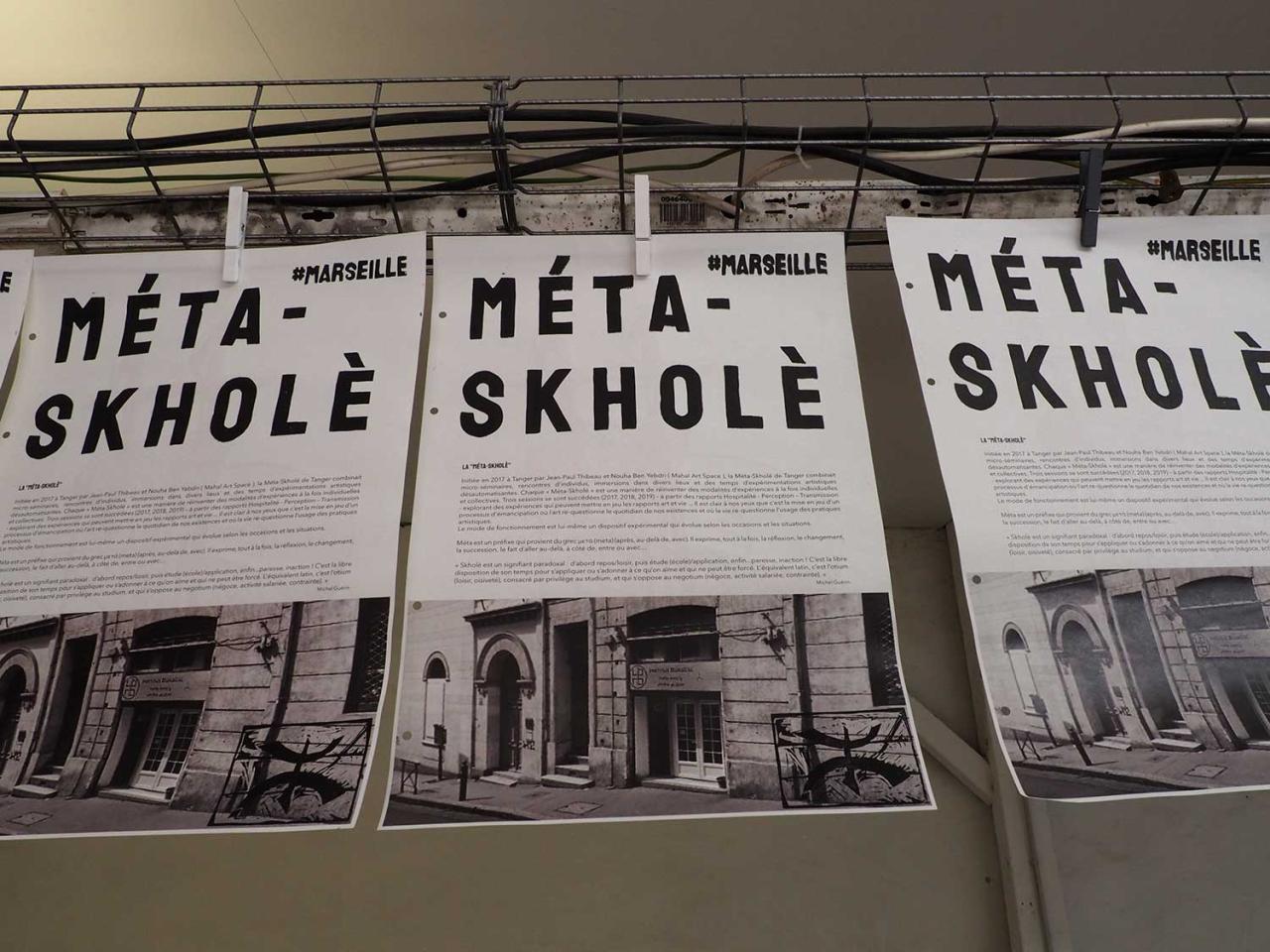
Begun in Tangier in 2017 by Jean-Paul Thibeau and Nouha Ben Yebdri (Mahal Art Space), Tangier’s Méta-Skholé includes micro-seminars, individual meetings, involvement at different locations, and time for de-automating art experimentation. Each Méta-Skholé is a way of reinventing individual and collective modes of experience. Based on the set of relations: Hospitality - Perception – Transmission, three successive sessions took place (2017, 2018, 2019) exploring experiences that question the relationship between art and life…In our eyes, this is clearly a process of emancipation in which art brings our daily lives into question and life calls the use of artistic practices into question.
The work method itself is experimental and changes in relation to the occasion or situation.
Meta is a prefix that comes from the Greek μετά (meta) (after, beyond, with), at once expressing reflection, change, succession, the fact of going beyond, beside, between or with.
“Skholè is a paradoxical signifier: first it means rest/leisure, then study (school)/diligence, and finally...laziness; inaction! It is the free disposition of one’s time to apply oneself or devote oneself to what one loves, which can’t be forced. Its Latin equivalent is otium (leisure, idleness), given by privilege to the studium, and in opposition to negotium (trade, paid employment, constraint).”
Michel Guérin
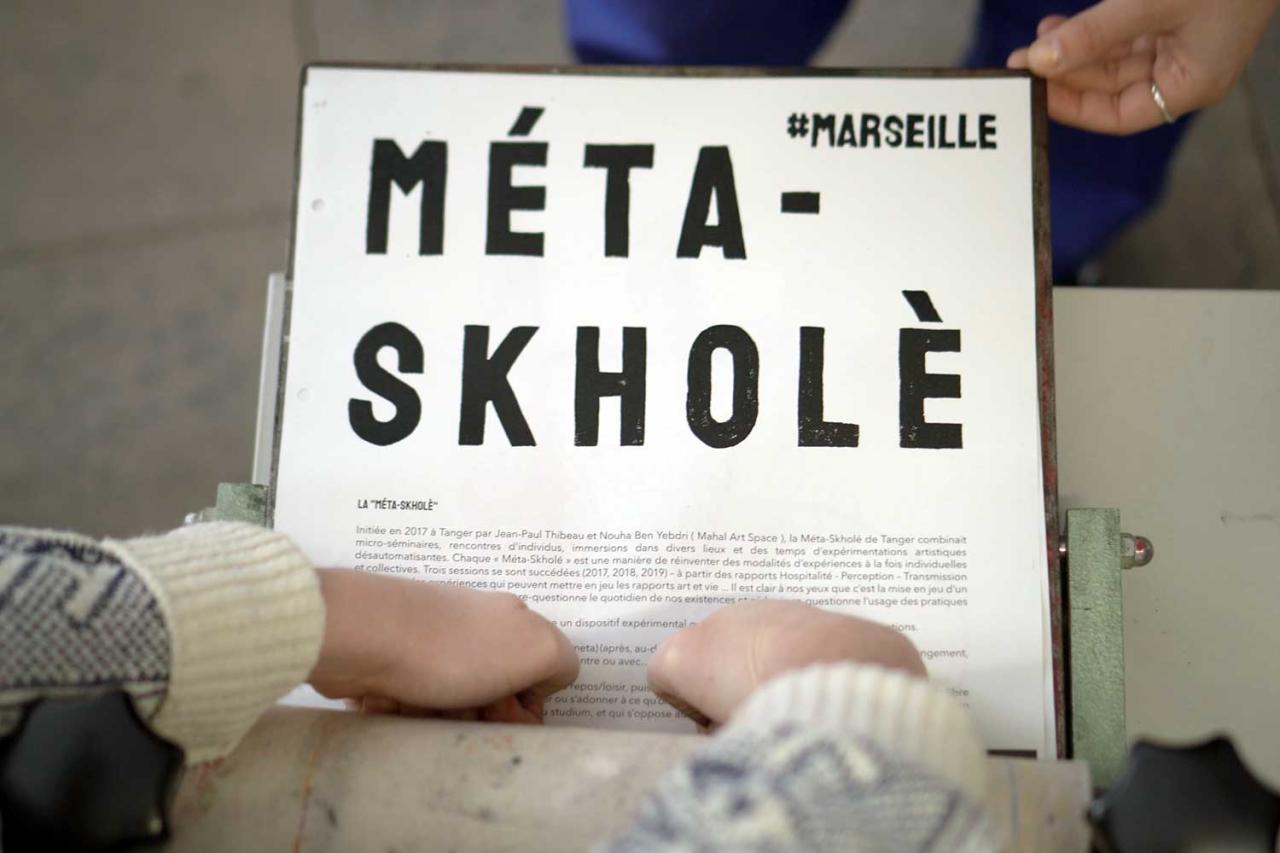
A first meeting was held on Thursday, December 19, 2019 at the Maison Bleue (38 rue Sainte - 13001 Marseille).
The meeting took the form of a lunch during which we discussed our concerns.
In the background was the idea of setting up a time of reflection and experimentation for the year 2020 in the form of Méta-Skholé, to connect and articulate the relations attention/ perception/ecology of practice…etc.
Supported by strong values, notions of performance and competition are set aside, everyone is encouraged to benevolently observe one another. Listening, as much to oneself as to others, is at the center of this space, along with the concept of sharing. These circumstances allow for confidence building and thus open speech, in which everyone is encouraged to be wholly what they are.
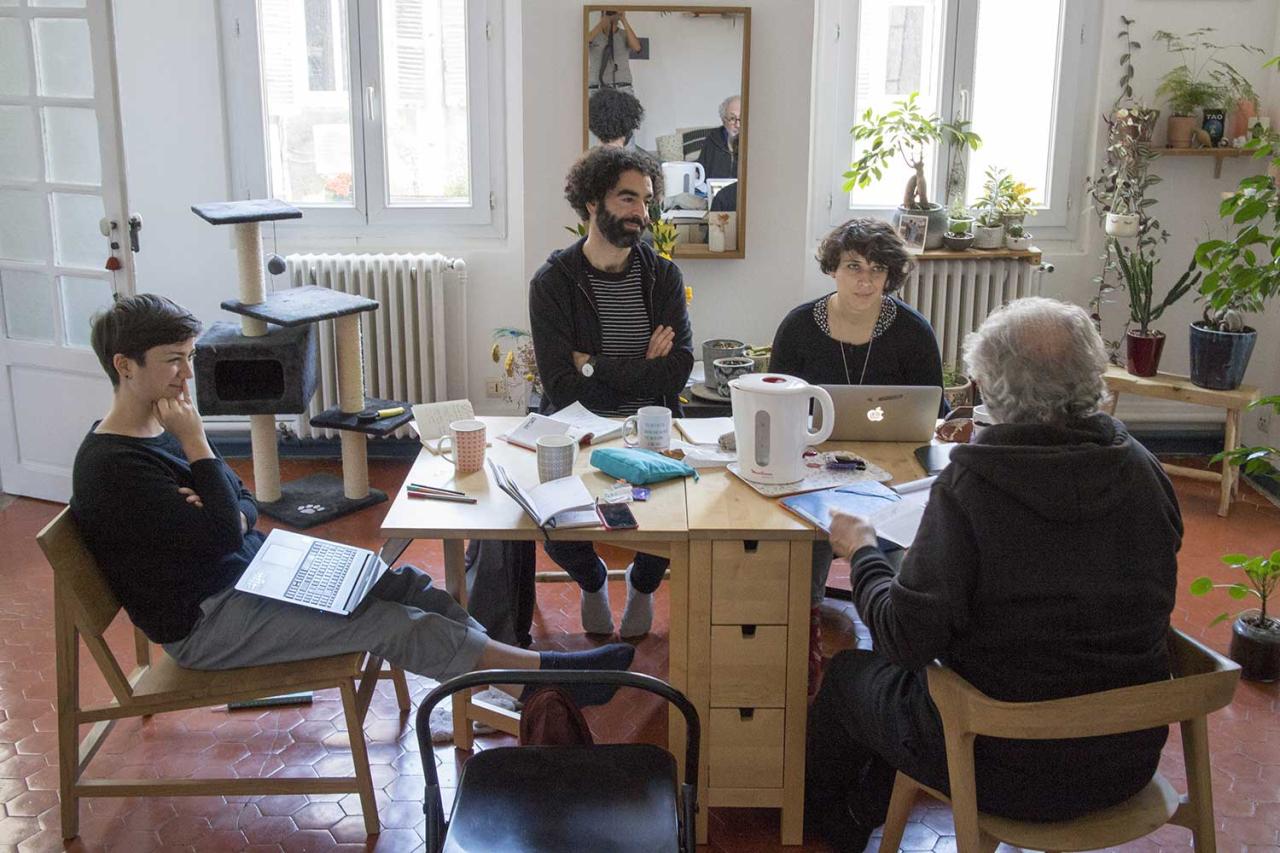
A second round table discussion took place on January 24, 2020 , again at the Maison Bleue; it brought together participants from the first meeting and new artists that were interested.
Badr El Hammami invited us to reflect and experiment on the site Institut Berbère, Marseille, for a pre-project in association with Manifesta and Document d’Artistes PACA.
We then decided on an initial team to start this meta adventure...
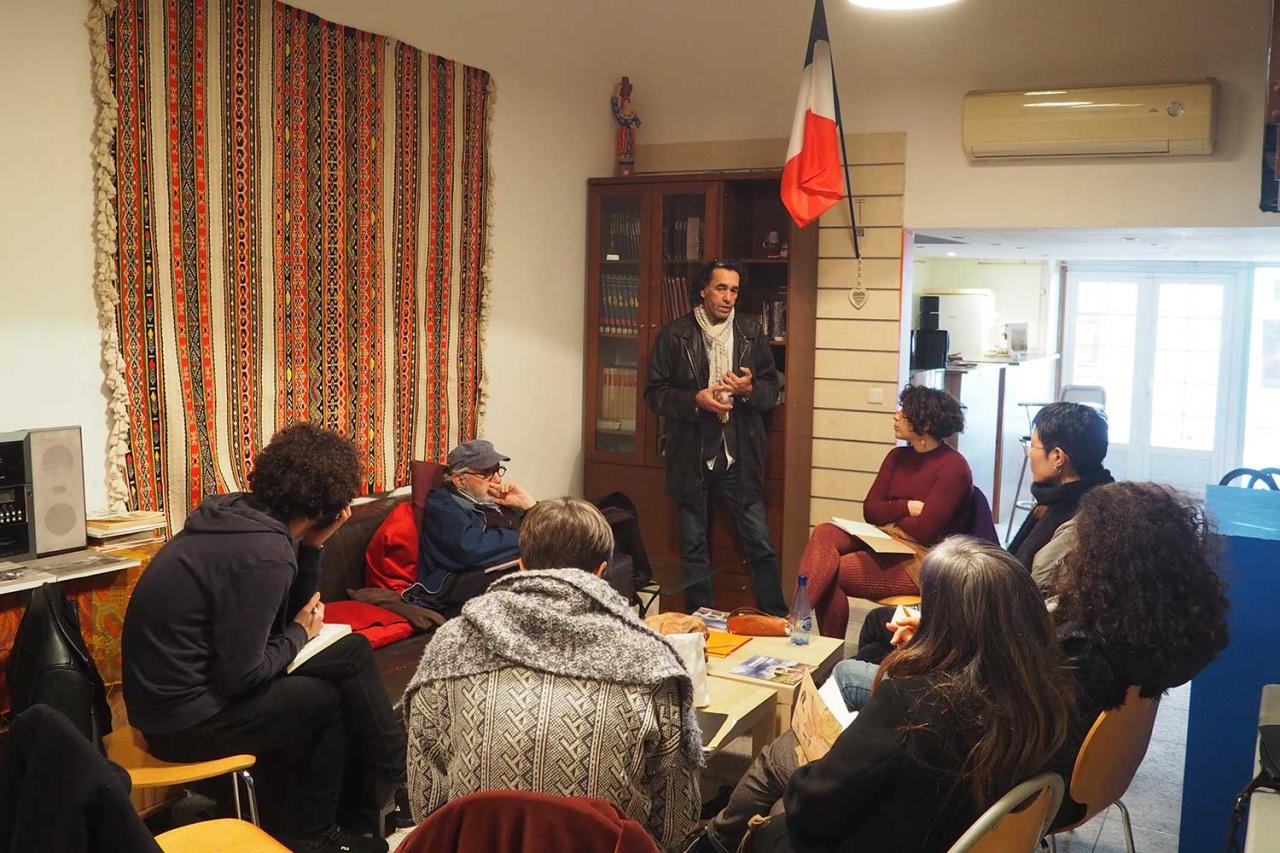
Following an invitation from Documents d’Artists PACA for a contribution to the event “pré-manifesta 13” in Marseille, I proposed a collective project.
Because I found it necessary to invest an existing space, charged with history and connected to my culture of origin, the Amazigh (Berber) culture, I chose the Berber Institute in Marseille.
In the last few years, I’ve had the opportunity to work with artist Jean-Paul Thibeau on several projects including “Meta Protocols.” I followed his last intervention at the “Mahal Art Space” in Tangier, Morocco, and in the Rif region, for what the artist calls “Meta-Skolè.” I contacted Jean-Paul to see if he would be willing to bring it to the Berber Institute.
Jean-Paul quickly agreed and we met again at the Berber Institute. We began the process along with other invited artists. A first meeting took place with the artists and art critic:
Jean-Paul Thibeau (artist and art educator), Badr El Hammami (artist)
Natacha Jouot (artist), Ana Eulate (artist, dancer and choreographer), Marius Girardot (artist), Déborah Repetto Andipatin (artist) Jeanne Mercier (art critic and founder of the revue Afrique in visu), Mezli Vega (artist), Yuva Zidane (head of the Berber Institute, Marseille).
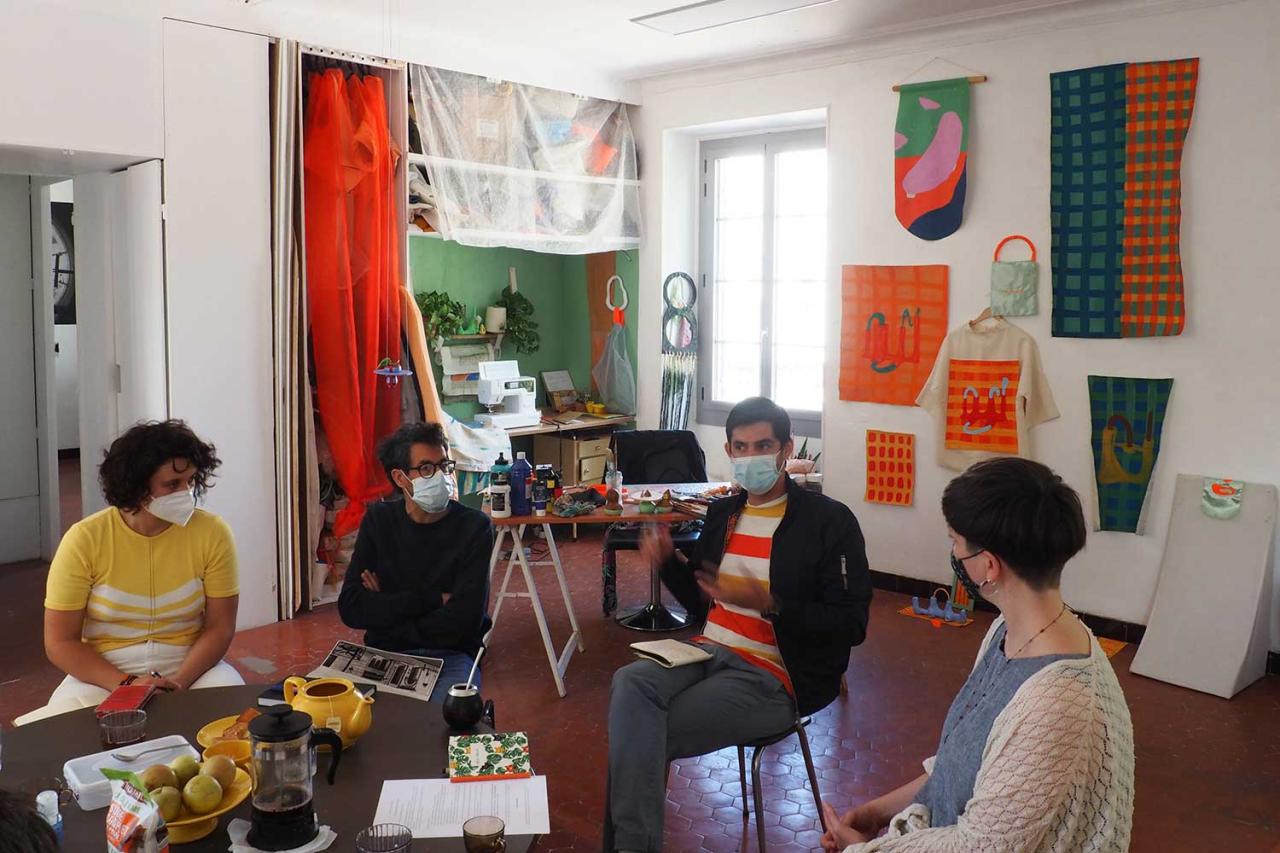
Several weeks before lockdown, we went to the Manifesta 13 headquarters in the Réformés Cannebière neighborhood of Marseille and spoke with the heads of the project “pré-manifesta” and the head of Documents d’Artistes PACA concerning our proposal.
Unfortunately, due to the lockdown from the pandemic, the “pré-manifesta” program was canceled, and to date we have not received any information concerning the postponement of events!
Despite the lockdown, our collective never stopped collaborating. Remotely and through work meetings on Skype we have produced, discussed, worked in pairs and reflected on the topic of culture after lockdown.
***
Human Nature
Jean Paul Thibeau Badr El Hammami
with the participation of Khadija El Abayad
With Badr, we decided
to begin our exchange using Berber writing, or tifinagh. This style of writing is used by the Berber in North Africa to write in their language, Tamazight.
This is notably linked to a series of drawings, diagrams (in meta-archives) that I produced in the 1980s, strangely reminiscent of this system of writing.
Thus, I sent him a series of images out of which he wanted to build a story. At the same time, I thought about the symbols made out of hair by Khadija El Abayad. I contacted her asking if she would send us some images. She soon did. Badr brought together my symbols and those of Khadija and developed a story:
“Human Nature”
Translated by Elaine Krikorian
